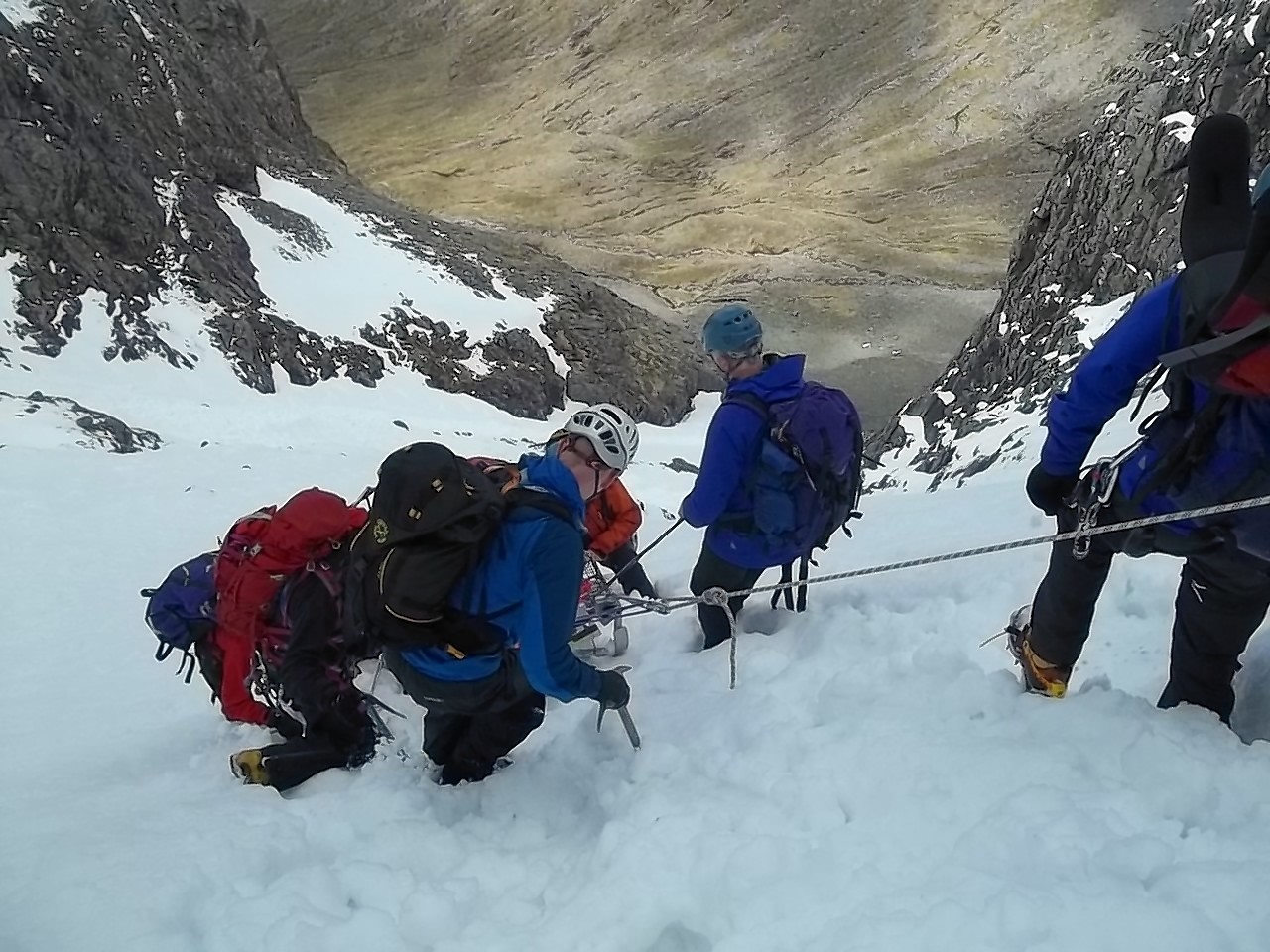Health experts have teamed up with mountain rescuers in an attempt to save more lives on Scotland’s mountains.
The area covered by the north health board includes four of the busiest mountain rescue teams in the country – Lochaber, Glencoe, Arrochar and Cairngorm.
And NHS Highland is now working alongside Scottish Mountain Rescue (SMR) in an innovative new partnership aimed at understanding more about outdoor activity.
NHS Highland public health consultant Cameron Stark said such collaborative working was “vitally important” as their findings had shown an increase in workload combined with an increase in the number of summer hill walking injuries and incidents.
He said these included problems related to heart disease, which reflected the changing nature of mountain activities and the people taking part.
Dr Stark said: “By collecting data from previous years, we can help prepare the volunteers of the SMR – some of whom are NHS Highland staff – for the work they do and what they can expect to find in terms of types of injuries and incidents.
“In doing so, we can help improve training and preparations for mountain rescue and ensure that we give the team the best possible chance of saving more and more lives each year on our mountains.”
He added that there had been a 45% increase in the total number of casualties involved in incidents in the last decade.
Dr Stark said: “Many incidents happen at the beginning and end of the summer season when hill walkers may be caught out by conditions they don’t expect.”
And he said this meant further education about risk reduction for climbers and walkers was needed.
Donald Paterson, who is deputy team leader of Lochaber Mountain Rescue Team, said: “We are the busiest team in the UK and we get up to about 100 call-outs a year.
“It has certainly increased over the last 10 years, but I think that’s just down to the sheer volume of people heading to the hills now.”
And Lewis Harrop, who is deputy team leader of Glencoe Mountain Rescue Team, said his team responded to 60-80 incidents each year.
He said: “We get more people going out into the hills now so we’re getting more people having medical emergencies, as opposed to injuries.”
He added that the joint study could help to streamline the treatment mountain rescue casualties received when they arrived at hospitals.
